Vaginal itching: Common causes, symptoms, and treatments
http://www.medicalnewstoday.com/articles/316595.php
Vaginal itching is an uncomfortable, yet common occurrence. There are a number of causes, and most require medical treatment.
This article provides an overview of common causes of vaginal itching, along with links to more detailed articles.
Contents of this article:
Yeast infections
Bacterial vaginosis (BV)
Sexually transmitted diseases (STDs)
Irritation or allergy
Yeast infections
Most women will experience a vaginal yeast infection during their lifetime. Though these aren't usually serious, yeast infection symptoms can be bothersome.
Normally, a balance of healthful bacteria and yeast live in the vagina. The bacteria keep yeast in check, preventing overgrowth. When the vagina's bacteria do not properly control the yeast balance, yeast overgrowth can occur.
Symptoms of yeast overgrowth can include:
itching
burning
odorless white or clear discharge
irritation
Yeast infections usually occur when something upsets the vagina's bacteria balance. Common causes include:
douching
hormone changes, such as during pregnancy, or from using hormonal birth control
use of antibiotics
Some health conditions may also make a woman more likely to get a yeast infection. A weakened immune system or uncontrolled diabetes may increase the risk.
Bacterial vaginosis (BV)
This common bacterial infection, also known as BV, often affects women of childbearing age. BV occurs when the normal, healthful bacteria in the vagina become unbalanced.
Many women who get BV have no symptoms. However, it can cause a watery vaginal discharge with an unpleasant odor, as well as burning and itching around the vaginal area.
The cause of BV isn't always known. But, in many cases, BV is caused by one of the following:
douching, which may upset the vagina's natural bacteria
bathing with antiseptic or antibacterial products
having a new sex partner or multiple sex partners
using strongly scented products in the vaginal area
harsh clothing detergents
smoking
Many women may get BV and not know it, since it often causes no symptoms. However, it can be potentially dangerous to a pregnant woman and her fetus. A pregnant woman should discuss any vaginal itching, burning, or discharge with her doctor and get tested for BV when needed.
A BV test involves taking a sample of fluid from the vagina and sending it to a lab for analysis. If the test is positive, a pregnant woman will likely undergo treatment with antibiotics.
Because BV is a result of an imbalance of bacteria, replacing the body's "friendly" bacteria may be helpful in some women. A 2014 review found that certain probiotics, when taken by mouth, might help prevent or treat BV. The probiotics studied were Lactobacillus acidophilus, Lactobacillus rhamnosus GR-1, and Lactobacillus fermentum RC-14.
Sexually transmitted diseases (STDs)
STDs, also known as sexually transmitted infections (STIs), can occur as a result of having sexual contact with an infected person.
The Centers for Disease Control and Prevention (CDC) say that STDs are at an unprecedented high in the United States, with millions of cases reported each year. People can reduce the risk of getting an STD by:
abstaining from sex
using a condom correctly each time
having fewer sex partners
getting tested for STDs before having sex
getting treatment when needed
getting the HPV (human papillomavirus) vaccine
Many STDs can cause vaginal itching, among other symptoms. It's important to have STDs treated, as some may cause long-term problems such as pelvic inflammatory disease, infertility, and pregnancy complications. A woman can also pass certain STDs to her baby during childbirth.
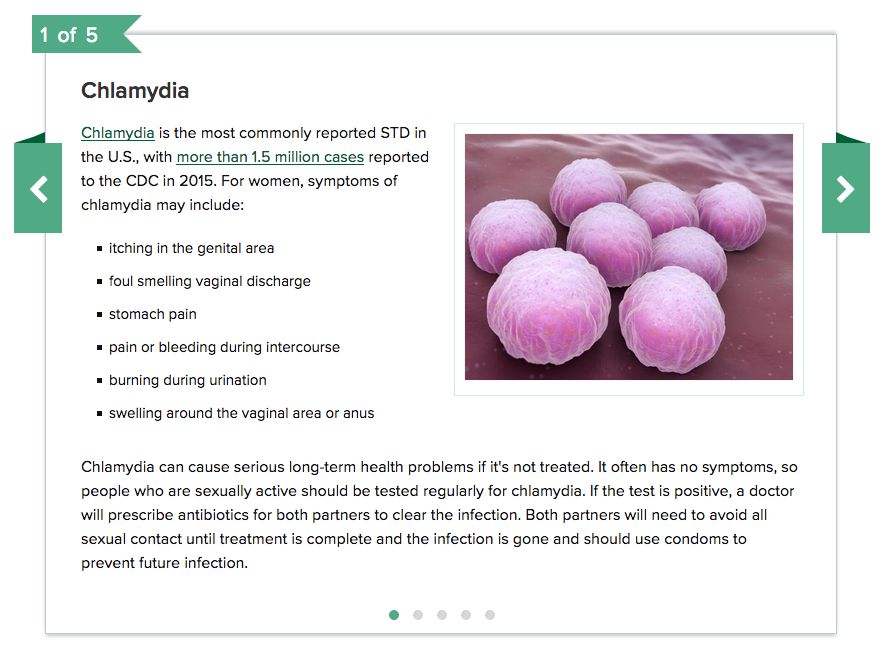
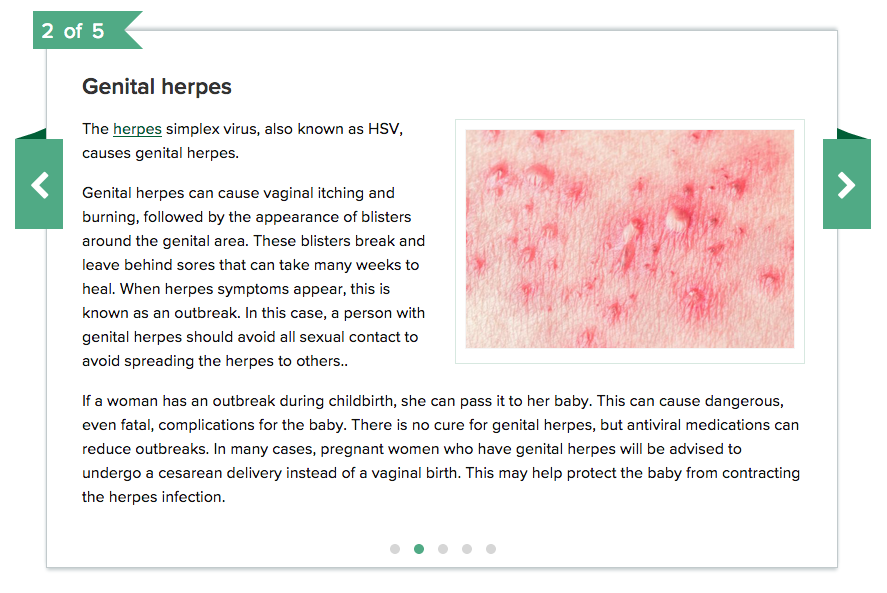
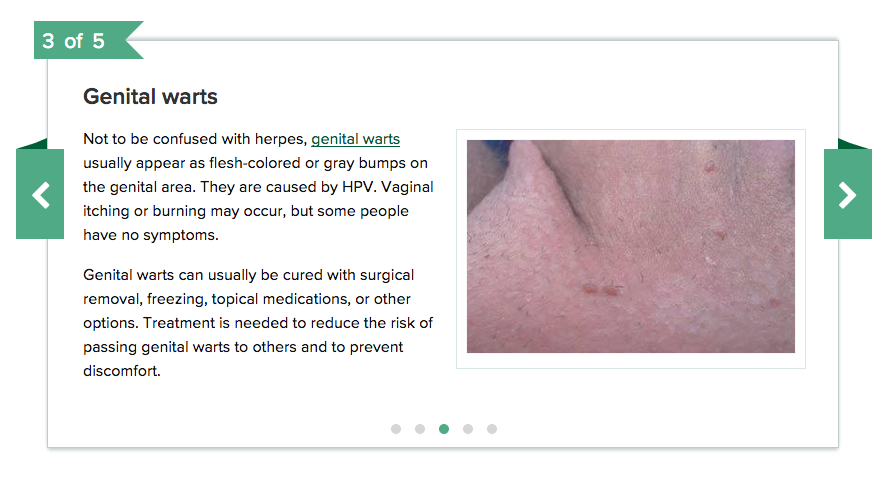
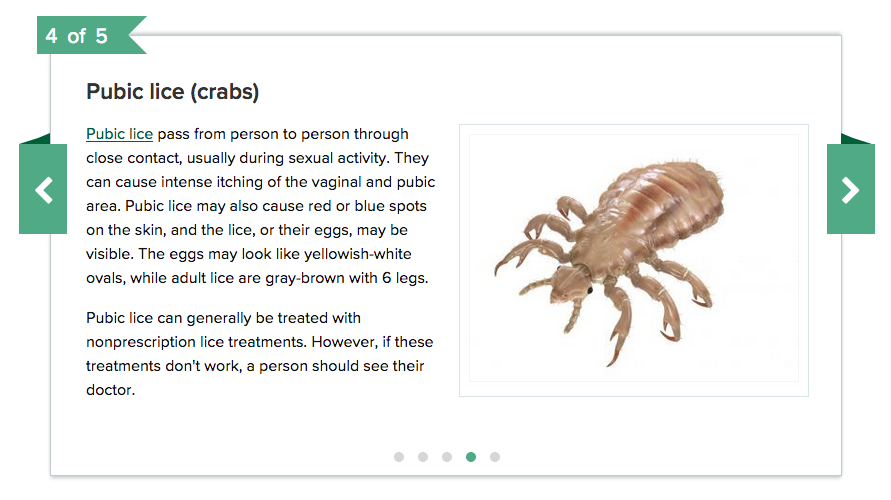
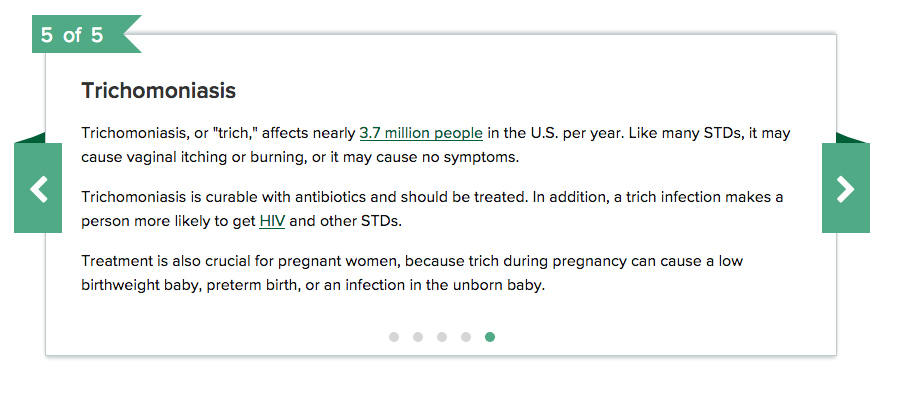 Irritation or allergy
Irritation or allergy
In some cases, minor vaginal itching may result from using scented laundry detergent or feminine products such as pads, tampons, or feminine deodorants. The itching will usually go away after a woman stops using these products.
To avoid this issue, women may choose to use products labeled "fragrance free" or "unscented." Douching is also not recommended, as it may lead to vaginal irritation, BV, and yeast infections.
Some women may have an allergic reaction to latex condoms, which may result in vaginal itching or irritation. People who suspect they might be allergic to latex condoms should ask their doctor about alternatives.
Although vaginal itching can be embarrassing or bothersome, most cases of it can be treated by consulting a doctor.
To help avoid possible long-term health problems, it's best to push aside any embarrassment and determine the cause of the itching, so proper treatment can be provided.